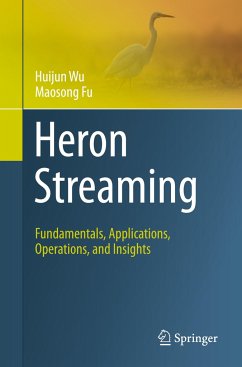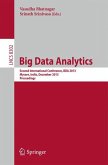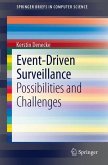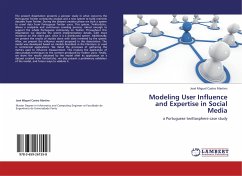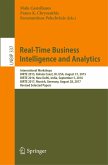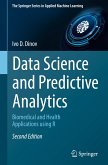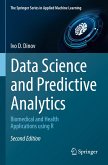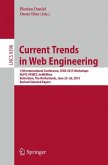This book provides both a basic understanding of stream processing in general, and practical guidance for development and research with Apache Heron in particular. It delivers to developers of streaming applications basic and systematic knowledge about Heron, which is today only scattered across project documents, technique blogs and code snippets on the Web.
The book is organized in four parts: Part I describes basic knowledge about stream processing, Apache Storm, and Apache Heron (Incubating), and also introduces the Heron source repository. Part II then goes into details and describes two data models to write Heron topologies and often used topology features, including stateful processing. This part is especially targeted at software developers who write topologies using Heron APIs. Next, part III describes Heron tools, including the command-line interface and the user interface, needed to manage a single topology or multiple topologies in a data center. This part is particularlyaimed at operators who deploy and manage running jobs. Eventually, part IV describes the Heron source code and how to customize or extend Heron. This part is especially suggested for software engineers who would like to contribute code to the Heron repository and who are curious about Heron insights.
Overall, this book aims at professionals who want to process streaming data based on Apache Heron. A basic knowledge of Java and Bash commands for Linux is assumed.
The book is organized in four parts: Part I describes basic knowledge about stream processing, Apache Storm, and Apache Heron (Incubating), and also introduces the Heron source repository. Part II then goes into details and describes two data models to write Heron topologies and often used topology features, including stateful processing. This part is especially targeted at software developers who write topologies using Heron APIs. Next, part III describes Heron tools, including the command-line interface and the user interface, needed to manage a single topology or multiple topologies in a data center. This part is particularlyaimed at operators who deploy and manage running jobs. Eventually, part IV describes the Heron source code and how to customize or extend Heron. This part is especially suggested for software engineers who would like to contribute code to the Heron repository and who are curious about Heron insights.
Overall, this book aims at professionals who want to process streaming data based on Apache Heron. A basic knowledge of Java and Bash commands for Linux is assumed.

